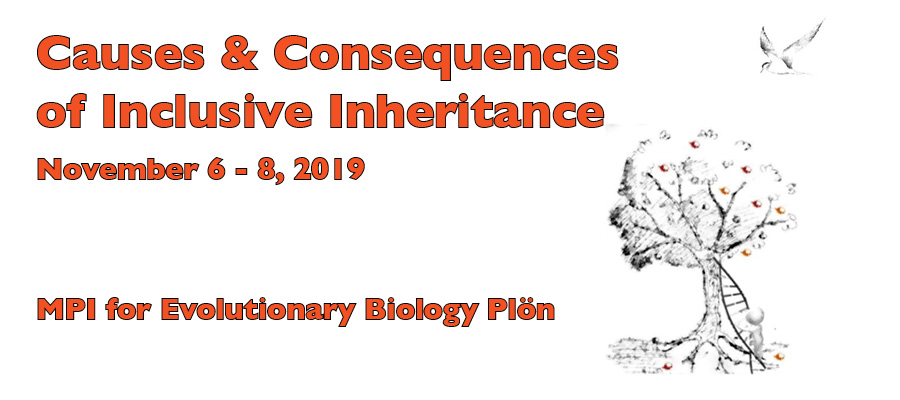Speaker
Description
Extreme weather events like heatwaves, commonly defined as periods of five successive days where thermal maximums are 5oC greater than the long-term average, are predicted to be one of the most probable and hazardous challenges we face in a warming world. While natural populations have been showing climate related stress responses and extinctions for decades, the proximate mechanisms behind such responses are poorly understood. Male-specific infertility due to heat-stress is recently being recognised in ectotherms, causing declines in testes size, sperm counts, sperm viability, female sperm storage, and subsequent reproductive fitness. However, current research often does not consider the long-term consequences. We show, using a beetle (Tribolium castaneum), that heatwave simulations cause negative transgenerational effects, primarily via sperm, for offspring longevity and sons’ reproductive fitness.1. However, such damage may be overestimated, if there is potential for populations to adapt to elevated mean temperatures associated with climate change via evolution and/or acclimation. Here, we tested the potential benefit of adaptation to increased mean temperatures for heatwave tolerance by experimentally evolving T. castaneum populations in divergent thermal regimes. Relative to 30oC-adapted males, those from populations maintained at 38oC for 25 generations displayed a relative improvement in mean post-heatwave survival by 75% and post-heatwave reproductive fitness by 55%. Moreover, when in competition with 30oC-adapted males, 38oC-adapted males gained a 31% higher paternity share when competing in their local 38oC thermal regime. Unexpectedly, the 38oC-adapted male post-heatwave performance was best when they were developmentally acclimated to 30oC for a generation, suggesting that although transgenerational adaptation to warmer conditions is possible, it could exert substantial metabolic costs. Ultimately, we show that temperature extremes carry detrimental transgenerational effects while moderate increases can provide positive transgenerational effects relatively fast. The results begin to address the knowledge gap for the potential of biological traits to adapt to climate change. Future work aims to expand thermal scenarios and elucidate the mechanisms of inheritance and thermal adaptation. 1. Sales, K., Vasudeva, R., Dickinson, D.E., Godwin, J.L., Lumley, A.J., Michalczyk, L., Hebberecht, L., Thomas, P., Franco, A., Gage, M.J.G. 2018. Experimental heatwaves compromise sperm function and cause transgenerational damage in a model insect. Nature Comms, 9:4771.

